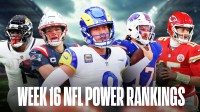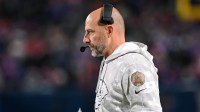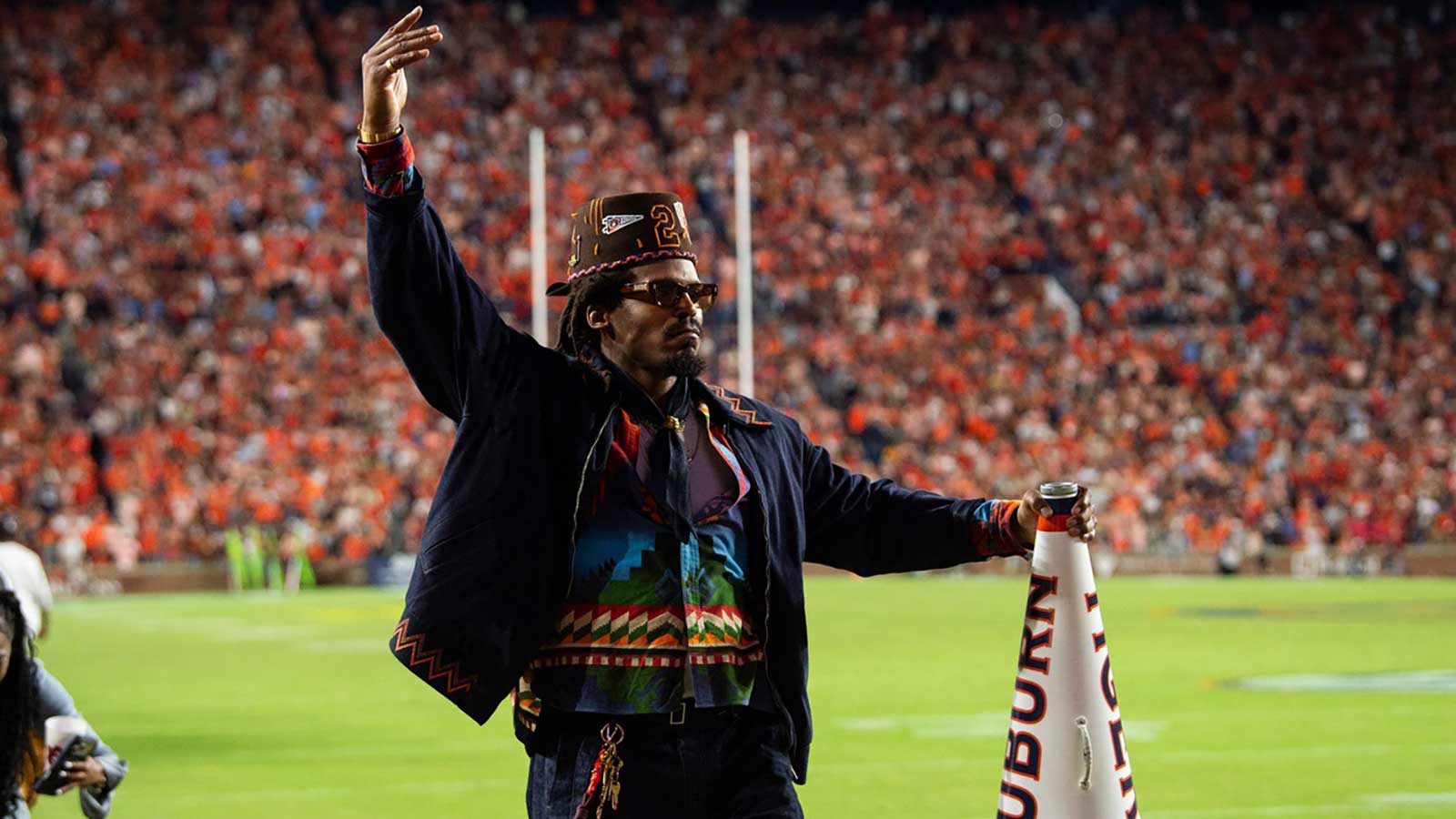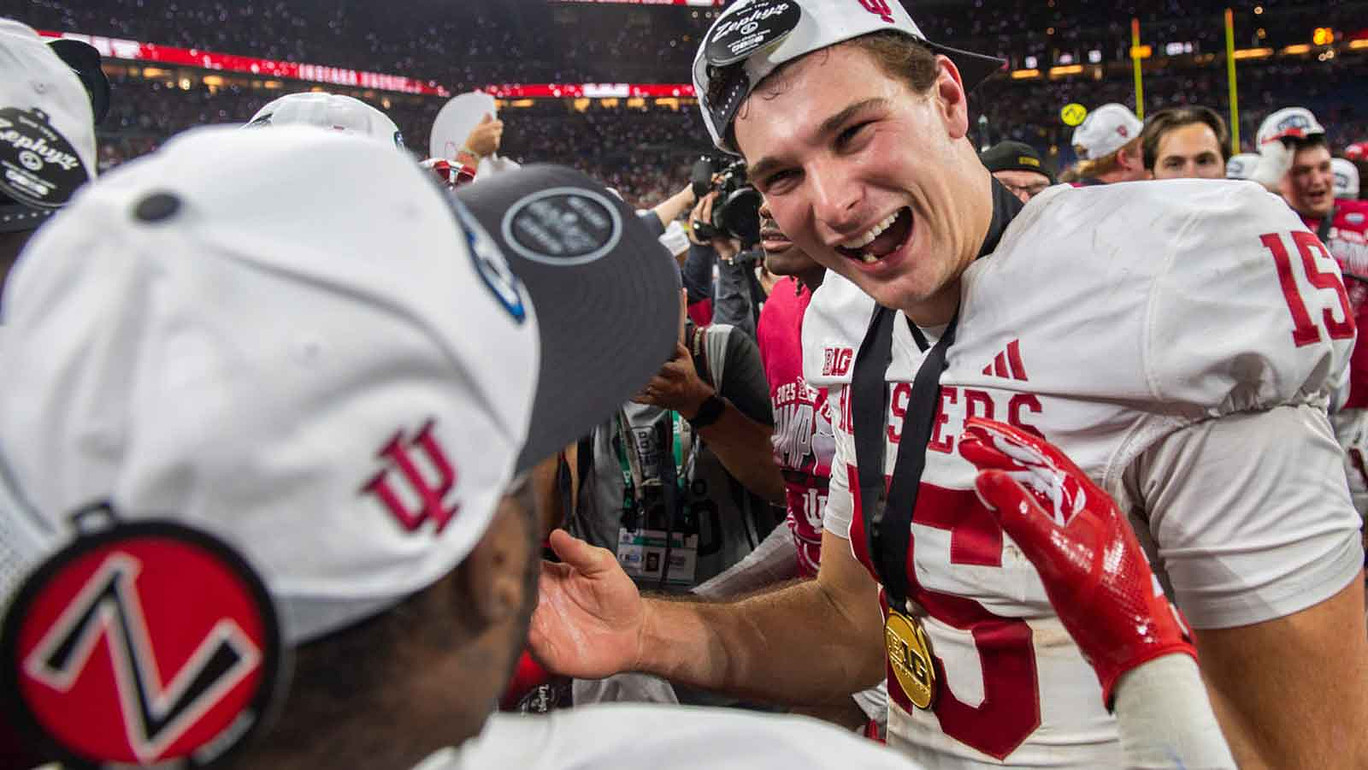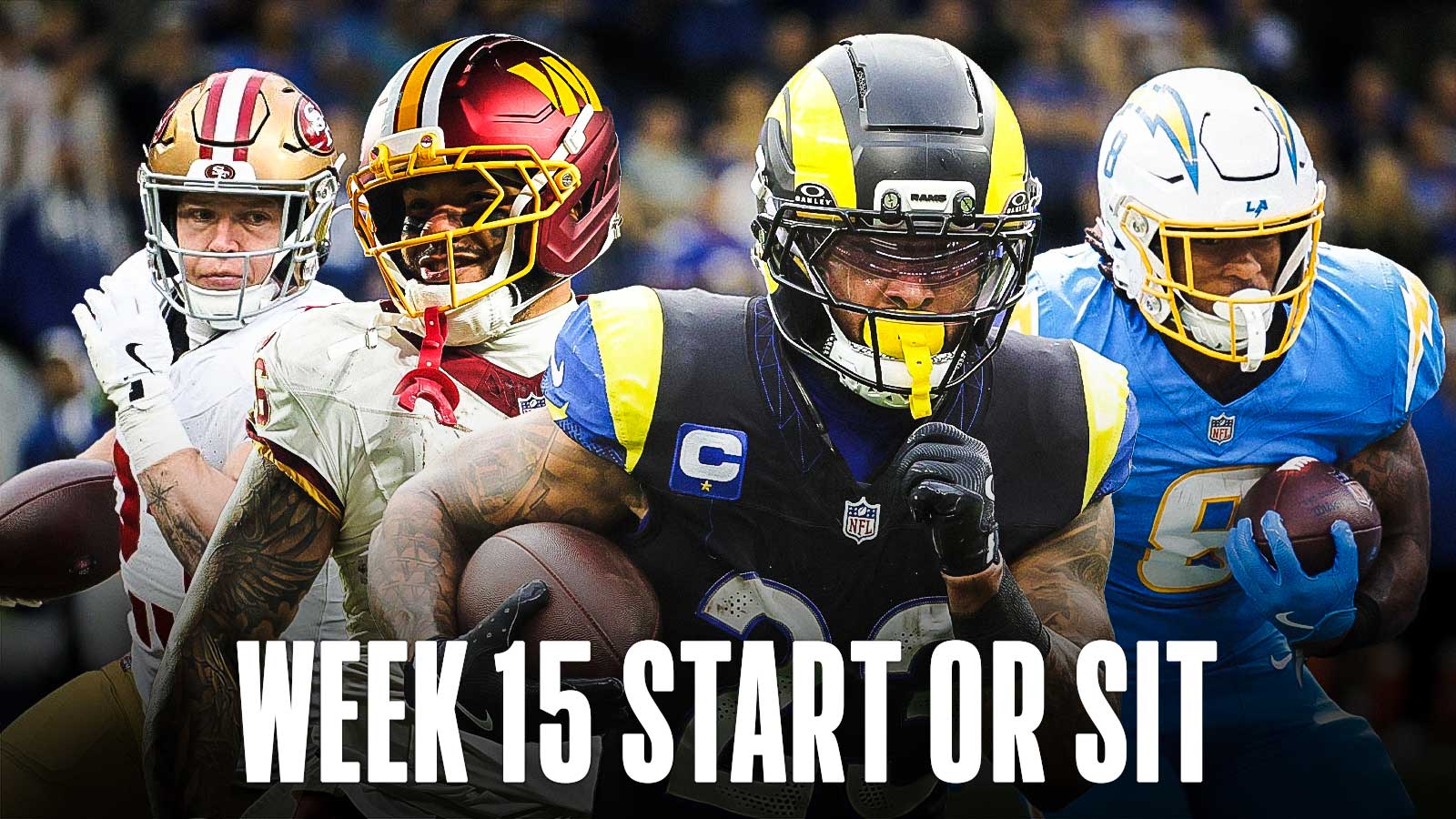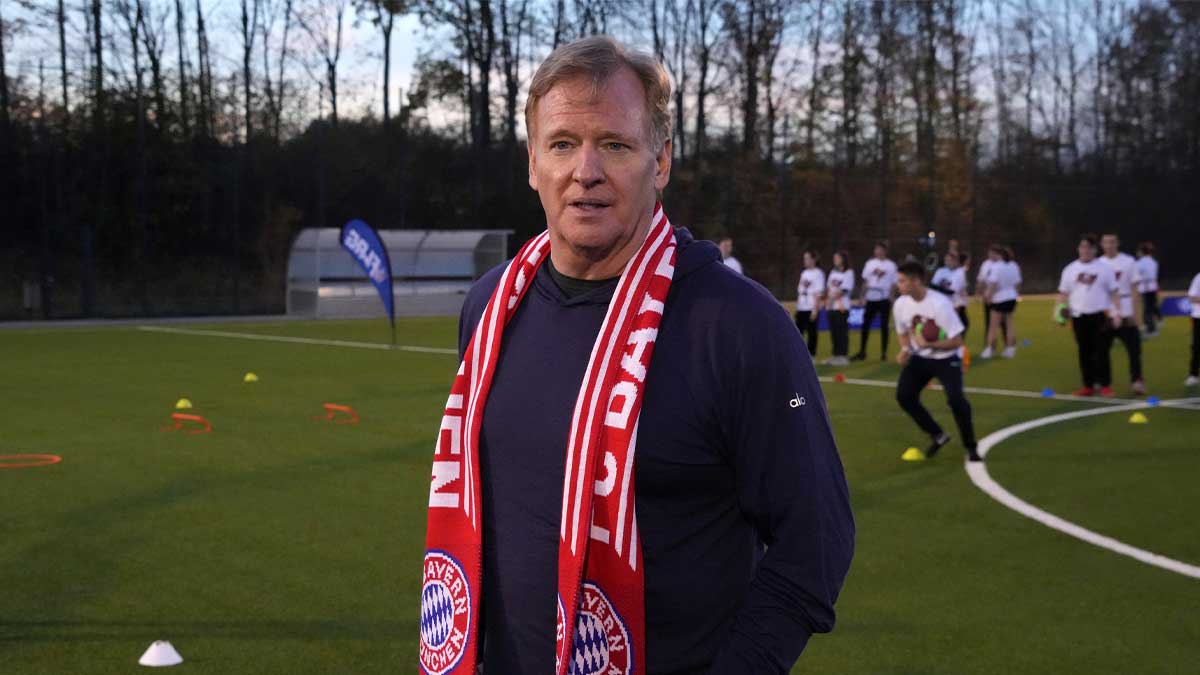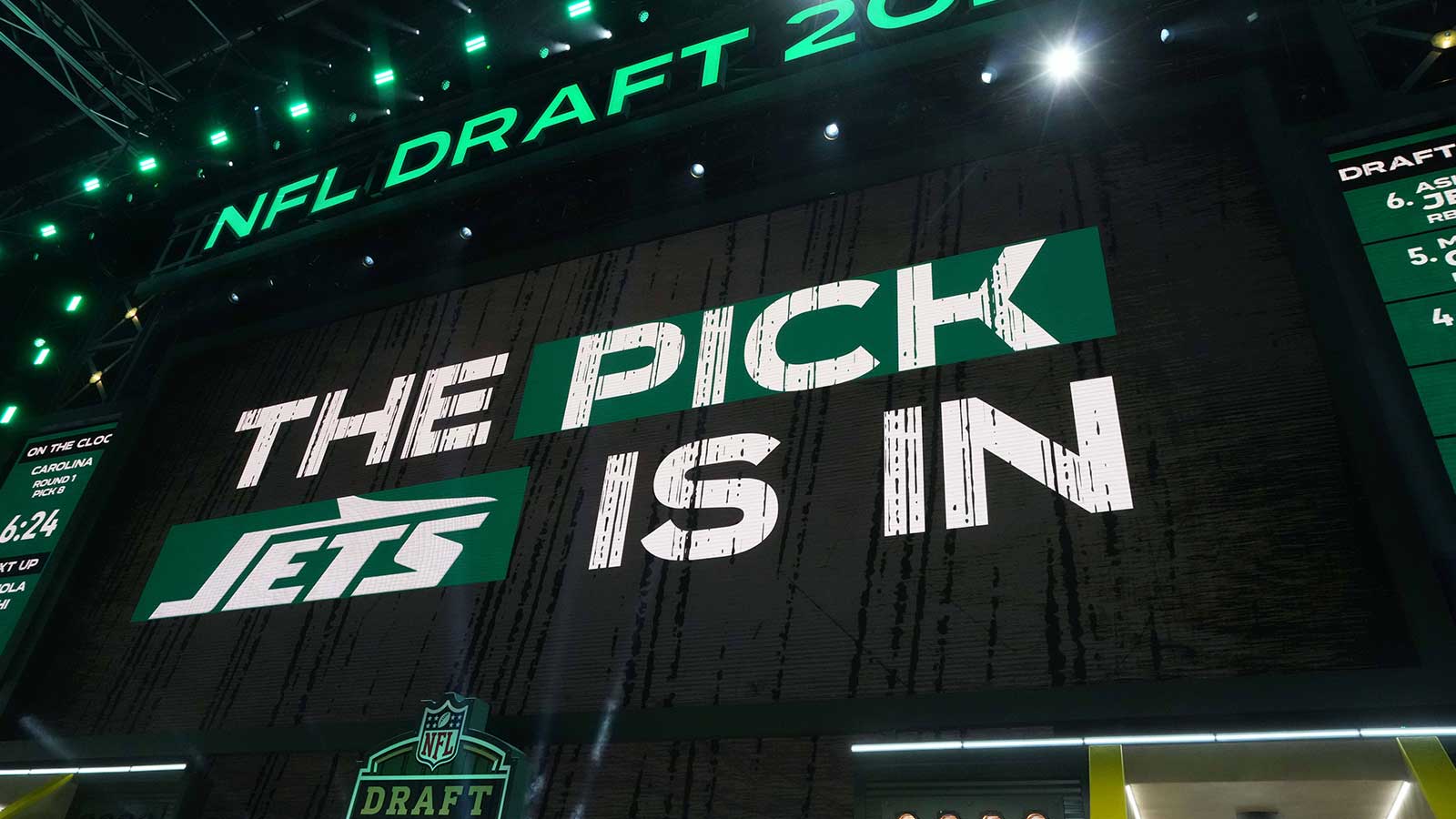The NFL announced in October to end “race-norming,” a practice that assumed that Black players started out with lower cognitive abilities. The practice had long been criticized, even inciting a reaction from Congress in 2020.
On Friday, a report came out that shared the results of 650 rescored medical tests for Black players. They did the rescoring to eliminate racial bias. Nearly half of those who had their tests rescored are now eligible for dementia awards through the NFL's $1 billion concussion lawsuit settlement.
The rescored tests put the NFL on the hook for millions more in compensation. The news significantly helps former NFL families in need of proper medical care. A league spokesman declined to speak to The Associated Press when reached out to for comment.
Leading the push to end race-norming in the NFL are Ken Jenkins and his wife Amy. The couple petitioned both a federal judge and the Justice Department's Civil Rights Division to facilitate the rescoring of tests.
Jenkins, formerly of the Detroit Lions and Washington, spent four seasons in the NFL.
The former NFL running back said he would now focus on helping as many former players as he can. “Our work has produced some great results and has opened many eyes,” said Jenkins. “Now we’re really focused on getting as many players who deserve compensation to be compensated.”
Two former Steelers players, Najeh Davenport and Kevin Henry, sued the league in 2020. The lawsuit pertained to their treatment of Black players in the settlement. The NFL's practice of race-norming had gone unnoticed for years until that point.
Amy Lewis, Jenkins' wife, said the couple plans on looking for as many former players as they can help. They especially seek to help former players who may be alone or have cognitive issues.
Lawyer Chris Seeger, the lead lawyer for the $1 billion settlement, hopes to make the NFL pay every dime they should. In his view, the league certainly failed to prepare for this outcome. “I don’t think the NFL expected to pay $1 billion — and we’re about to cross $1 billion,” he said.



